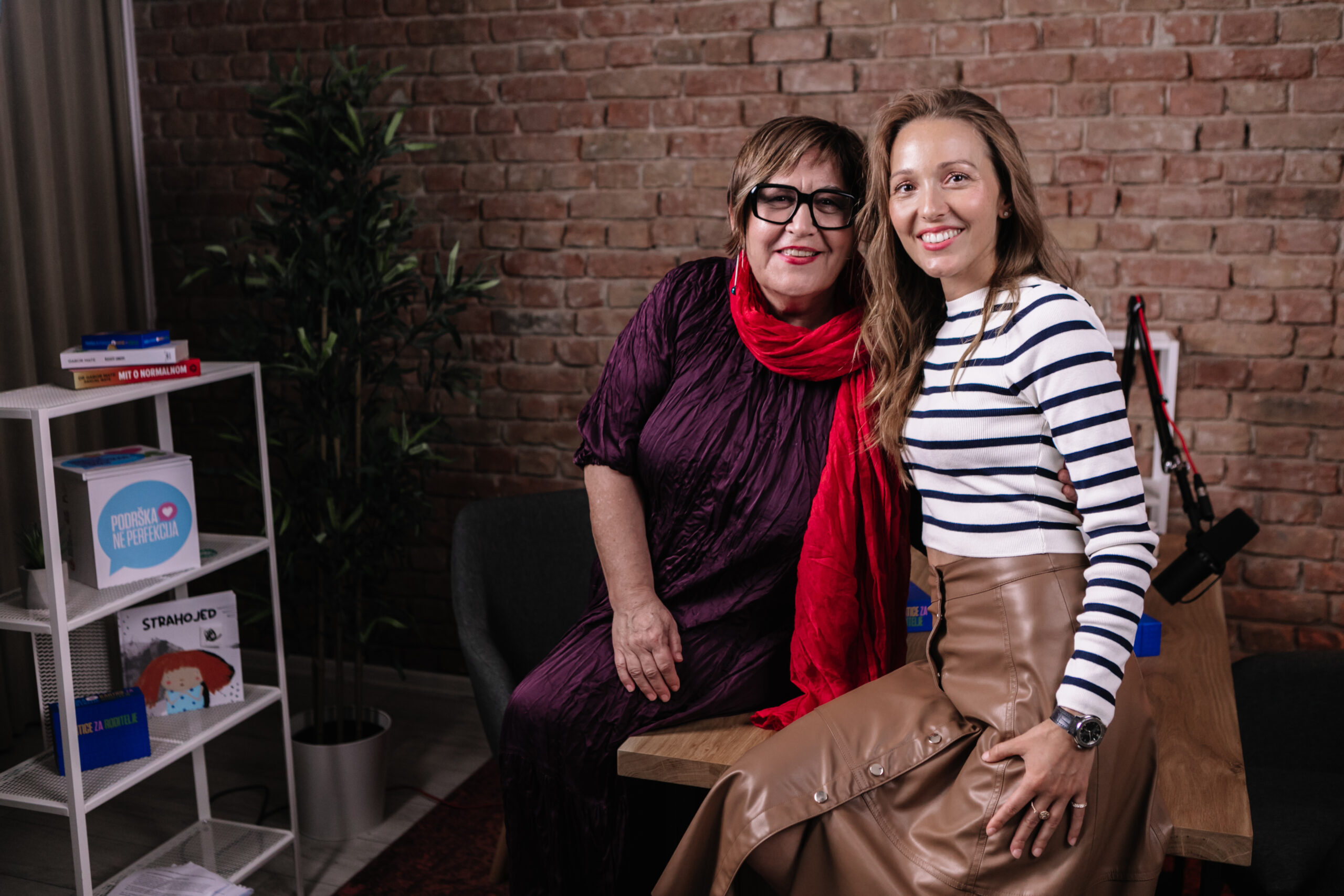Despite believing that the problems of society could be traced back to inadequate parenting, strive not to be perfect parents, but ‘good enough’ parents.
There is a great deal of pressure in modern parenting and almost every day, in the media, there are articles blaming problems in society and problems in schools on parents, either for lacking attention and love or for being overbearing and pushy. The industry surrounding parenting does little to help, as it heaps the pressure on new parents to buy oodles of things for kids. A short while ago, some friends were about to become new parents and off I trotted to buy a couple of gifts to celebrate the birth of their new daughter. When it came to „baby stuff“, I thought that I was somebody reasonably knowledgeable, both professionally and personally, but as soon as I walked into a baby section of a huge department store, I realised I was completely out of my depth. I didn’t even know what all the products even did, or what they were intended for. No wonder that new parents are constantly being thrown into a state of panic.
Perhaps we can seek some guidance in one of the greatest psychoanalysts, amongst all the conflicting advice. Donald Winnicott believed that the key to a better society lay in nursery and he was full of encouragement. Despite believing that the problems of society could be traced back to inadequate parenting, strive not to be perfect parents, but ‘good enough’ parents!
I find it useful to divide the world of people into two classes. There are those who were never ‘let down’ as babies and who are to that extent candidates for the enjoyment of life and of living. There are also those who did suffer traumatic experiences of the kind that result from environmental letdown, and who must carry with them all their lives the memories of the state they were in at moments of disaster. These are candidates for lives of storm and stress and perhaps illness.
He was a pioneer during the 1950’s, swimming against the tide of convention while advocating a loving approach, full of attention and tenderness. In a time when a soft and understanding approach to parenting was not the norm, a rather British distance and reserve was expected instead. Winnicott’s approach required parents to put aside their own needs and demands in order to be truly attentive and closely listen to the child. It is even harder, when tired and stressed, to remain committed not to take offence and retaliate in order to avoid the inevitable conflict between parent and child.
In order to be ‘good enough’, Donald Winnicott made the following suggestions:
- Remember the vulnerability of your child: For a newborn infant, just staying alive is a colossal task out of their control. Unable to feed itself, regulate itself or communicate in a meaningful way, the parents need to adapt to the child. Placing demands on him/her too early will be detrimental to the future of their psychological wellbeing.
- Let your child be angry: A child who feels able to defy and test the adult world, without a consequence of breaking relationships, is a secure child. Winnicott considers this to be a natural part of the maturation process.
- Don’t force children to be overly compliant: If they are too ‘good’ or well behaved, children are suppressing their internal, vital instincts. They must be able to balance the ability to express positive and negative emotions in order to develop true kindness and generosity. If a child is forced into compliance too strictly and too early, they will only be capable of faking responsibility and generosity, with their true emotions remaining suppressed.
- Let your child be: This is all about respecting the needs of your child, as well as respecting their uniqueness and their otherness. They are not vehicles through which parents can live another version of their own lives, or pin on them their own hopes and dreams.
- Realise the gravity of the job you’ve taken up: Parenting is by no means an easy job, so congratulations to all those out there who are, according to Winnicott, ‘founding the mental health of the next generation.’ It may be no picnic; but remember: you don’t have to be perfect! Now, there’s a relief!
The foundation of the health of the human being is laid by you in the baby’s first weeks and months. This thought should help when you feel strange at the temporary loss of your interest in world affairs. It is not surprising.
What do you feel are the biggest challenges in parenting? What overwhelms you? Remember, be kind to yourself too!

















